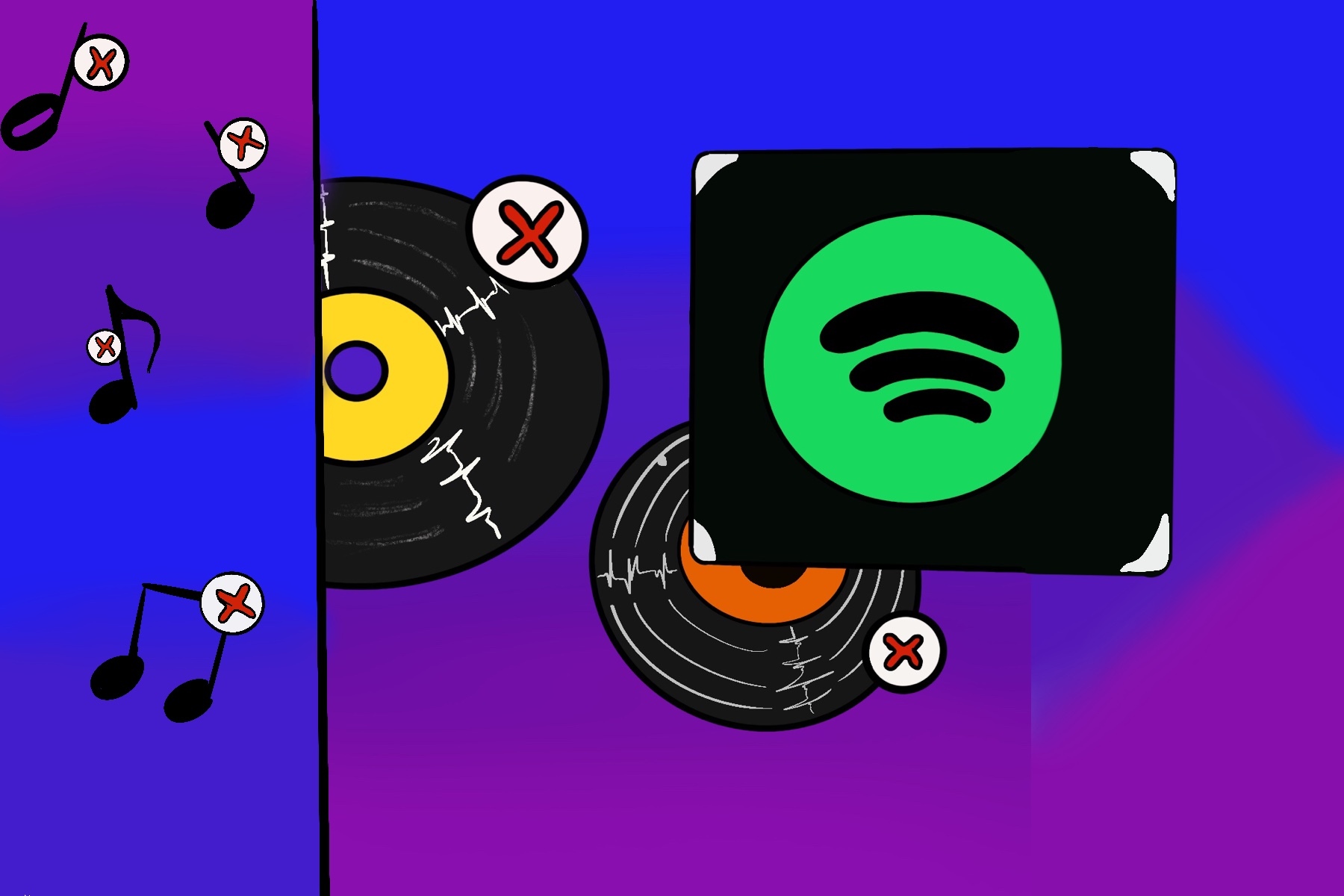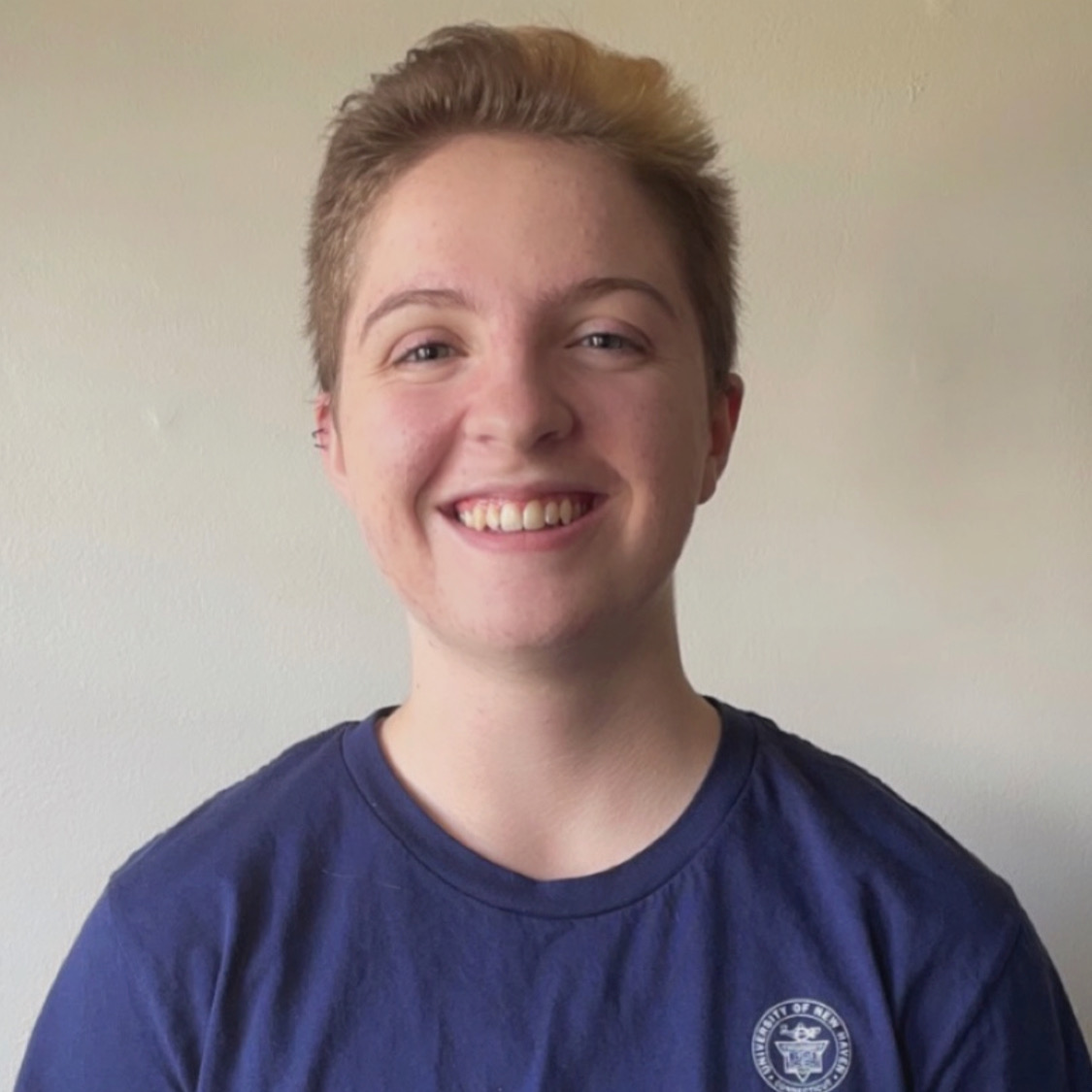Spotify is one of the world’s most widely used music streaming platforms, welcoming artists from all levels of influence. Independent musicians have often turned to the platform as a way of publishing their music and making a profit from the number of streams they pull in for the website. However, Spotify isn’t just a home for music. More recently, those creating their own podcasts have turned to the app for the same reasons as other independent creators. Spotify very rarely controls the type of content that is published on its platform, giving many the creative freedom to talk about whatever topics interest them, from sports and popular media to true crime and politics.
This feature is where things get controversial, particularly with content that is inherently political. Previous UFC fighter and comedian Joe Rogan hosts his own podcast called “The Joe Rogan Experience” to discuss his views on things like politics and philosophy. Originally only available on YouTube, the podcast eventually found its way to Spotify in 2020. Joe Rogan doesn’t subscribe to any particular political ideology, harboring opinions from both sides of the spectrum, but much of his activity on this podcast has sparked debate over the years. He habitually welcomes guests onto his show like Alex Jones and Milo Yiannopoulos, who are both alt-right personalities, the former of which is currently banned from Spotify’s platform. Rogan has used offensive language and racially charged speech several times in his podcast, and many of his ideas invite tone-deaf discussion of sensitive topics.
This behavior went under the radar until more controversy surfaced this year regarding comments he made in which he questioned the efficacy of the COVID-19 vaccine and urged young people to avoid it. Many health professionals have tried to get Spotify to remove these episodes, claiming they are not backed by science and are a threat to public health, especially as COVID-19 cases continue to rise in the United States. This is not the first time experts have tried to remove his content from the platform, but Spotify stands firm in its belief that all speech is protected on their platform as long as it doesn’t impede on their community guidelines.
Some artists took their own stand against Joe Rogan early on in 2022, starting with musician and activist Neil Young, who removed all his music from Spotify’s platform. Young wrote in a letter to his management team, “They can have [Joe] Rogan or Young. Not both.” He was followed by other notable artists, such as Joni Mitchell, who also claimed that she would remain off the platform until the company took action against the spread of misinformation. Young even urged Spotify employees to quit their jobs at the company until larger changes to their policies were made.
But Spotify wouldn’t budge and stuck to their word. It would not take responsibility for what its content creators post on its platform, and it wouldn’t limit an artist’s expression or ability to speak freely on their opinions. However, amid a public health crisis, the line between censorship and safety is becoming increasingly vague. People are wondering how long Spotify can avoid its role in protecting people from misinformation on the platform.
This opens a larger conversation about the role content platforms play in protecting their viewers from the spread of incorrect information. In terms of freedom of speech, everyone is guaranteed legal protection when voicing their opinions in a public venue. Websites aren’t public venues, though, since users must agree to a list of terms and conditions before creating an account. Private companies, like Spotify and Twitter, have the right to limit any kind of speech they desire on their own platform. It’s the reason Tumblr was able to ban explicit content in recent years, and how Twitter was able to ban the previous United States president, Donald Trump.
Spotify is well within its rights to remove or not remove the harmful content from Rogan, but the same question remains: Is it their responsibility? Do platforms have to make space for creators like Neil Young who don’t want to share space with offensive and misleading content? Many would argue that, yes, platforms should expand their guidelines to ward off the increase of misinformation on the internet. In terms of sharing digital spaces, Young is within his own rights to pull his content from a platform that harbors information that he doesn’t want to be associated with.
Looking at other platforms, YouTube has been a harbor for conspiracy theories and offensive content for years. It worked to block explicit content as well as rework the algorithm to leave out creators with mal-intent. Most notably, it temporarily suspended all advertising on Logan Paul’s YouTube channel back in 2018 due to controversy over a pattern of disturbing behavior and images in his videos. Suspensions on the website are rare, but YouTube has been able to maintain relative peace between content creators on the website despite a wide array of conflicting views.
The root of the problem lies in the idea that a digital platform is a right that all people are entitled to, when in reality, it’s a privilege. If someone wants to say whatever comes to mind without having to face consequences or backlash, they can stand outside their house and shout their opinions to anyone that will listen. But if they want to post to a private and monetized platform on the internet, where information is immediately accessible and can circulate widely, they must adhere to a set of standards. That includes guaranteeing that whatever they are encouraging is backed by truth and reasonably sound logic. The things that content creators like Rogan say don’t exist in a vacuum; his advice reaches the ears of real people and has real-life repercussions.
Time can only tell how Spotify will continue to adapt to this and future situations regarding misinformation on their platform. It will most likely continue to be a battle between maintaining Spotify’s image as a streaming platform that welcomes all varieties of content and the need for all platforms to manage who is allowed to take the stage.

















